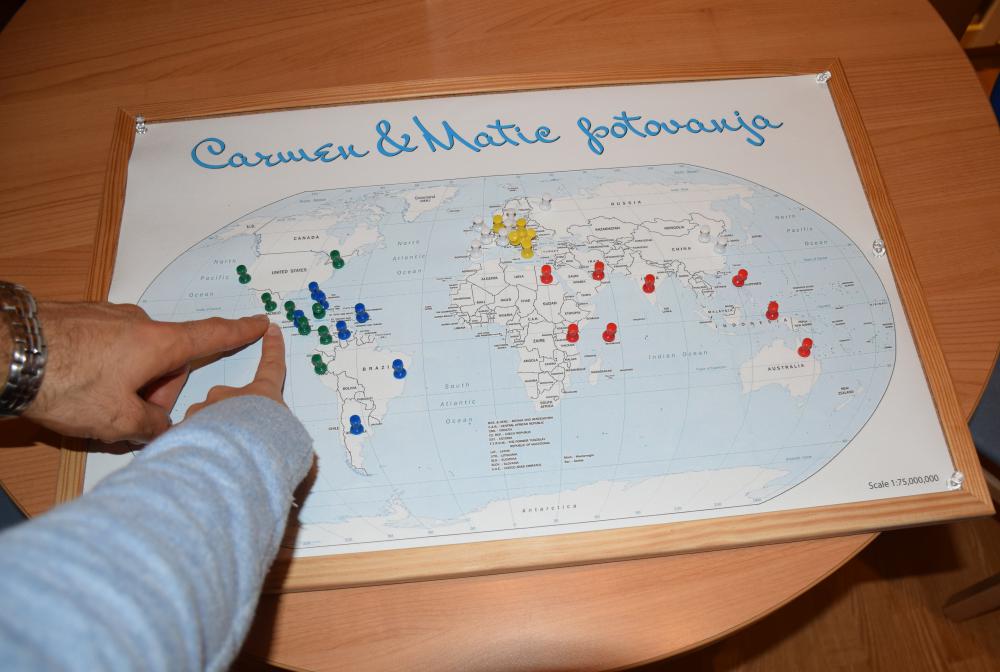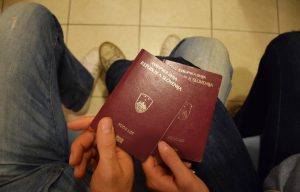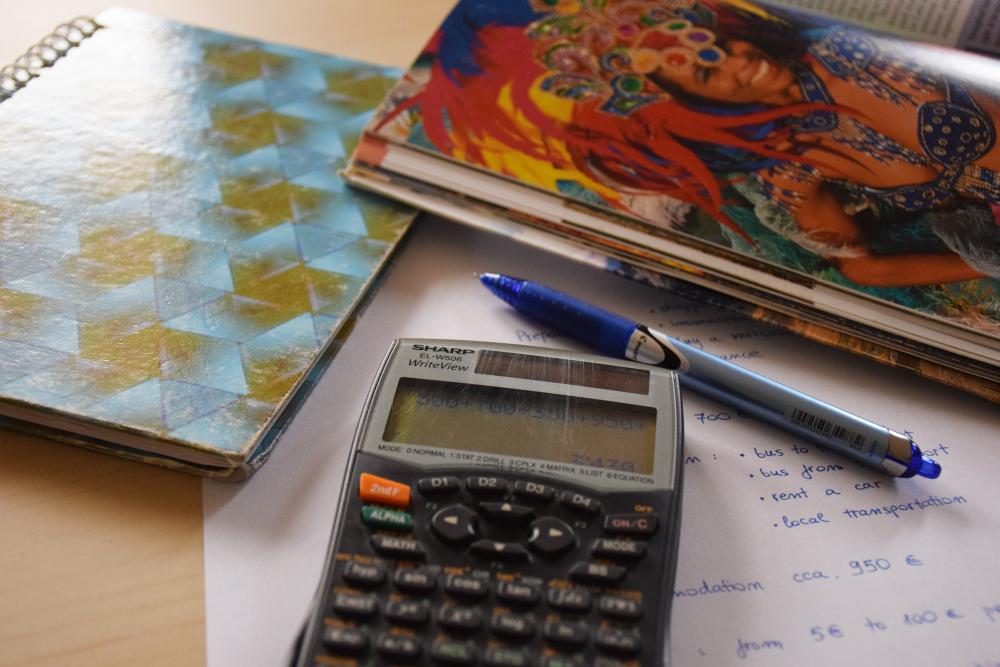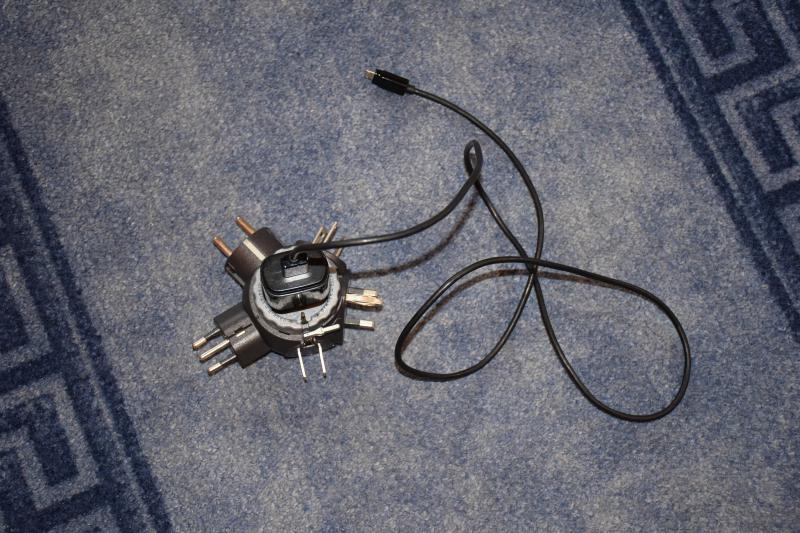To get inspired is the easy part, but now it’s time to sit down and actually plan your dream honeymoon. Like everything worthwhile, traveling also requires some amount of thought, research, and preparation. After all, you have some responsibility to yourself, your significant half and all the people who care for you. You want to be prepared and safe.
Travel like a pro! 😉
Here are some easy steps to follow to make your planning and preparation process as easy as possible. In this list, you will find all the necessary information you need before hitting the road.

1) First and foremost you have to decide on the destination and the length of your honeymoon. Choose your perfect honeymoon destination according to the preferred honeymoon length, the climate, landscape, culture, time of year, transportation and lodging possibilities, your hobbies and whether your potential destination offers them, the honeymoon style you prefer, other potential preferences (e.g. whether you are searching for a family-friendly or an adults-only resort, extraordinary nightlife, adventures or relaxation and total security etc.) and of course your financial capabilities.
2) Make sure you have a valid passport. If you don’t – get one as soon as possible. For a citizen of the USA, it is possible to travel through the states without one. Same goes for the citizens of the European Union, who want to travel their home continent. But as soon as you want to visit another country, you need a passport. It has to be valid throughout the whole trip and preferably 6 months afterward, otherwise you might have problems with acquiring a potentially required Visa.

3) Check if there is a Visa or other entry requirements for your destination. You may enter some countries without a Visa (also depending on where you are from), but for others, a valid Visa in your passport is ‘a must’.
4) Check the immunization recommendations and requirements for your destination. Some countries have no requirements whatsoever, others have only recommendations, but for some, it is absolutely necessary to get certain immunizations. Sometimes you have to start the immunization process some months before leaving, so you might want to hurry.
5) To stay safe you may want to check if the country you are planning to visit is among the most dangerous destinations and take adequate precautions.
6) Get an international health insurance. Traveling can be pretty unpredictable. The more adventurous you get, the bigger the risk. Better to be safe than sorry.
7) Book your flight, overland travel arrangements, accommodation, organized tours, cruise ships etc.
8) After booking make sure you keep all your confirmation e-mails in both hard and soft copy. You might have to show some booking proof upon arrival to the airport, hotel etc.
9) Plan your trip. Choose your perfect honeymoon style, decide on your activities, book tours, search for top sights at your destination.
10) Make approximate calculations about how much money you’ll need for your trip. The usual expenses you should consider are preparation expenses (passports and other necessary documents including visas etc., immunizations, insurance, packing …), flights and other traveling arrangements (including car rental, taxis or public transportation at the destination), accommodations, food, sightseeing, entry fees etc.

11) After saving enough money you should decide whether you want to use cash or credit cards on your journey. We usually prefer credit cards, because we consider them safer (if it gets stolen you have to cancel it at your bank as soon as possible and your money stays safe), but we also recommend taking some cash – just in case.
12) If you decide to take your bank card, you should check with your bank if it’s valid at your destination. Foreign debit cards sometimes don’t work, in which case, it’s better to take a credit card as well. A backup card may also be a good idea. Keep it apart from your wallet, in case you lose it or get robbed.
13) If you decide to take cash, you should check your destination’s currency and the international exchange rate. When you decide to exchange your money, you should do it somewhere safe, where they offer you a good exchange rate.
14) To be safe we recommend packing a smaller amount of emergency cash (around $200), which you should keep apart from your wallet (in case you lose it or get robbed). Besides, you never know when you’ll have your first chance to withdraw money or pay with your card.
15) Make copies of all your documents. In case you lose your luggage or if you get robbed, it is very important to have extra copies of your passport, credit cards, visas, travel insurance, immunization confirmation, driver’s license etc. This way obtaining new documents is way easier. You should have hard copies as well as soft copies on your computer, or even better – your e-mail, so you can reach them from any computer around the globe.
16) Make sure you pack some extra travel document photos. Just in case.
17) Be prepared for an emergency. We have traveled almost the entire world and for now, we haven’t had any problems. Still, we prefer to stay ready. You should know what to do if you lose money, documents or luggage, get injured etc.
18) Learn some basic phrases in the official language of the country you’ll be visiting. English is widely spoken all around the world, but you still can’t expect for locals to understand English or any other foreign language. In this case, it’s better to memorize basic phrases, like “hello”, “goodbye”, “please”, “thank you”, “what’s your name”, “my name is …”, “where is the airport, the hotel, the bus stop, the hospital, the police station, a store, a restaurant …”. Every traveler should be able to order food, ask directions, arrange accommodation and transport and ask for help. Luckily, nowadays you can find lots of useful information on the internet or on different applications. For more useful information on how to learn basic phrases in your target language check out our article Language for travelers.

19) Pay some attention to your body language, because even this isn’t a universal tongue. Some gestures may be misinterpreted or even offensive in other cultures. It’s also good to learn how to read other people’s body language, since it may come in handy in situations where verbal communication fails.
20) It’s also always a good idea to study the current local atmosphere and their manners and customs in general. We all want to be polite, lovable guests, don’t we?
21) Explore the electrical standards of the country you plan to visit. Even with all the globalization, we still use many different kinds of plugs and sockets. You may have to buy a plug adapter and converter to perform a simple operation such as charging your phone.

22) Stay in touch with your family and friends at home. Plan your communication in advance. It is always wise to let someone know where you are, so they’ll know where to look in case of an emergency. Mobile phone charges are usually expensive, so you should consider using online communication resources, public communication systems or to buy a local SIM card.
23) Pack wisely!
24) Ask your doctor about which medications may come in handy at your destination.
25) Carry a list of emergency contacts.
26) Prior to your flight, you have to do online check-in (if required), check the flight liquid and other restrictions, check the allowed luggage weight and size.
27) Weigh your luggage before leaving home.
28) Secure your luggage and other personal belongings.
29) Take care of your home (pay the bills in advance; empty the refrigerator; turn down the refrigerator temperature; turn down the temperature in your home, switch off the water, unplug electronic devices; give someone you trust a copy of your key – in case you lose yours, to water your plants while you’re gone or just to check on your apartment/house every once in a while; lock the doors etc.).
30) Choose your travel partner wisely. Men, women, we’re sure you’re all independent, resourceful people, fully capable of traveling on your own, but since we are honeymoon adventurers, we assume that you will travel as a couple. For us traveling in pairs is one of the most beautiful experiences in life, but it can also be challenging. Here are some tips on how to make the best of it: Travel for couples.
31) Stay positive and excited. After reading this article you may think that traveling requires too much work. It does require some preparation, but we believe it is all part of a sweet adventure. And either way – we promise you it’s all over in no time and afterward the breathtaking, unforgettable, life-changing experience begins. Keep an open mind before and during your trip. You will probably encounter some cultural differences. Observe them, learn from them, but never judge, even if they seem shocking. Different languages, habits, and cultures make this world a diverse, interesting and beautiful place. 😉

32) Keep your preparation comfortable and fun! Take your time and avoid stress, because bringing some negativity into the whole honeymoon process is the last thing you want! Also, focus on the fact that this is your honeymoon, so try to adjust your accommodation, transportation, style, and activities plan according to that.
33) Look into your partner’s eyes, hold his/her hand and say: “Let the adventure begin!” 😉
For suggestions on packing or other travel tricks check out our articles Packing and Travel like a pro.